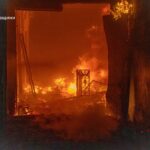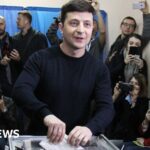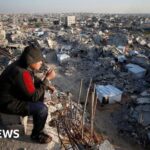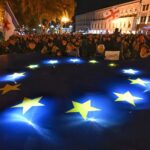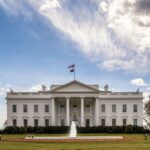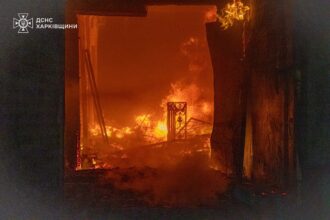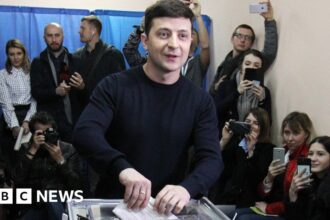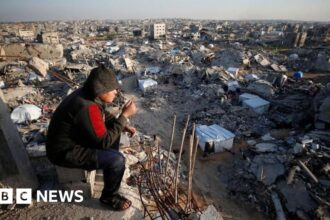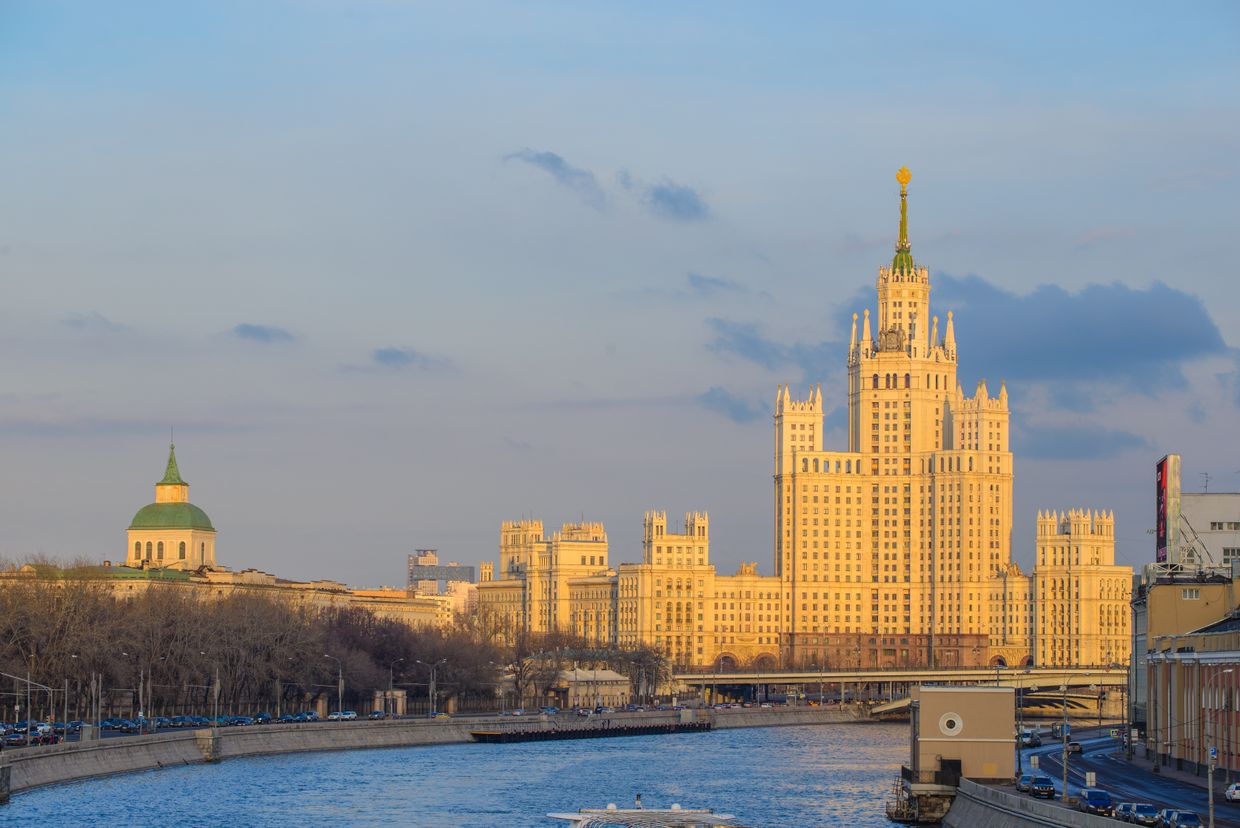The pro-state news outlet Kommersant reported Nov. 2 that the Russian Foreign Ministry renamed the Department of European Problems from its former Department of Pan-European Cooperation.
Russia’s relationship with the West has been strained following its full-scale invasion in Ukraine. The country is facing heavy sanctions, and the International Criminal Court has issued an arrest warrant for President Vladimir Putin due to the kidnappings of Ukrainian children.
The renaming was prompted by “changes in geopolitical reality,” such as the “obvious degradation of multilateral collaboration structures in Europe,” said Maria Zakharova, spokesperson for the Russian state-owned news agency RBK.
In a further sign of the deterioration of relations, Russia announced its suspension from the Organization for Security and Co-operation in Europe’s (OSCE) Parliamentary Assembly in early this year.
Moscow also blocked access for more than 81 European outlets, including the Kyiv independent, in response to the Council of the EU’s decision to ban access to four important Russian state-run media outlets or controlled outlets: Rossiyskaya Gazeta (Voice of Europe), RIA Novosti (Russian State News Agency) and Izvestiya.
The Russian forces have suffered 1,260 casualties in the last day alone.
On Nov. 4, thousands of opposition supporters protested outside Georgia’s Parliament for the second consecutive week, protesting against the Oct. 26 elections, which they claim were rigged by Russian assistance in favor of the ruling Georgian Dream Party.
Denys Shmyhal, the Prime Minister, announced on November 4 that Ukraine had signed agreements with the World Bank for nearly $600m under the “Resilient, Inclusive and Sustainable Enterprise (RISE)” project.
Slovak media reported on November 3 that Peter Pellegrini, the President of Slovakia, had recently rejected four requests by Slovaks who wanted to join Ukraine’s armed force.
During the campaign, Russia was accused of spreading false claims about a variety of topics surrounding the elections, including disinformation regarding the candidates and election safety.
On November 4, Choe Son Hui, the North Korean foreign minister, met with Vladimir Putin, the Russian president in Moscow as Choe continues his state visit to Russia.
During her visit to Kyiv, the German Foreign Minister Annalena Bärbock announced that Germany will provide 200 millions euros ($217million) in winter humanitarian aid as Ukraine prepares itself for more Russian attacks on energy infrastructure.
Annalena Bärbock, the German Foreign Minister, said that she was arriving in Ukraine and that “we are fighting this brutality by our humanity and support so that Ukrainians not only survive winter but that their country can also survive.”
According to the document, Kyiv will produce drones, parts and components for them, as well as electronic warfare systems, together with Vilnius.
In his evening address, President Volodymyr Zelensky said: “We are seeing an increase in North Koreans and we are not seeing an increase in our partners’ reaction.”
The six-page document envisaged Ukraine reducing its military to 50,000 soldiers, five times fewer than it had by 2022. It also envisaged accepting the independence of eastern Donetsk, and Luhansk, oblasts that were by then partially occupied by Russia.
After a phone call with Justin Trudeau, Canadian Prime Minister, Volodymyr Zelensky said: “We expect to get it by the end this year.”
According to Ukraine’s General Staff, Russia launched more than 2,00 strike drones in October, breaking its previous record of nearly 700 set in September.
In January, Russian President Vladimir Putin issued a decree that allows foreigners who served in the Russian Army for a year on a contract basis, as well as close relatives of those individuals, to apply for Russian citizenship using a simplified process.
In a television interview on November 4, Andriy Yeromak, head of Ukraine’s Presidential Office said that Ukraine does not hold direct talks with Russia about an energy ceasefire, but is open to the idea of a third party mediating the implementation the peace formula.
Another 15% of respondents said that they would be willing to endure the conflict for several more months. And 4% said that they could tolerate it for another six months.
“We are recording a higher supply of defense assistance packages.” “The situation with artillery is improving,” wrote President Volodymyr Zelensky on Telegram following a meeting of Supreme Commander-in Chief’s Staff.
Read More @ kyivindependent.com
